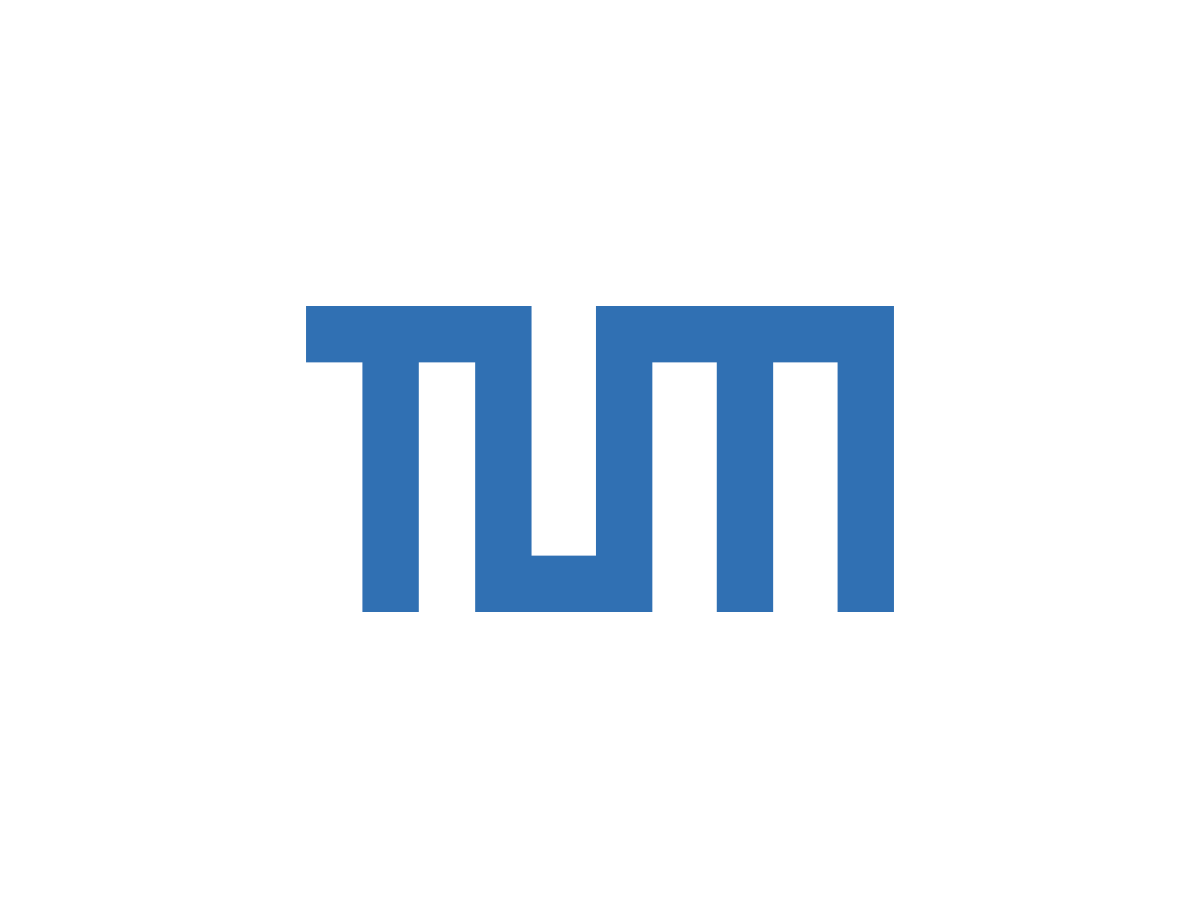Technical University Of Munich Gears Up For A Digitalized Working World
Pre-service teacherLisa Teichmann stands at the control panel, tracking manufacturing orders on the dashboard. As she keeps an eye on the defect quota and assesses production times, her fellow students are putting together remote control cars at the assembly stations. In principle, a production facility like this one could be in a real factory. But it is set up in the Industry 4.0 space of TUM-DigiLLab – a teaching facility at the TUM School of Social Sciences and Technology where students can experience the digital transformation as it will look in everyday life, the career world and the classroom. Assembling the toy racers is just one example of how students preparing for careers as vocational and high school teachers can simulate fully digitalized and adaptive production processes. “With two 3D printers, we can even take customized orders from our fictitious customers,” says Lisa Teichmann.
Realistic scenarios from the career world
Along with the Industry 4.0 production facility, the TUM-DigiLLab contains a Smart Home, a digitalized hospital room and the Baker Space. They cover specific scenarios in the career world, but are also interconnected. “In these authentic surroundings, students experience the digital transformation in the occupational areas where they will teach in vocational schools,” says lecturer Amelie Hiemer. “They work together, actively explore problems and engage in practice-centered learning.” Studies show that digital learning and teaching labs increase students’ motivation and interest in the material. This boosts creativity, critical thinking and problem solving skills.
Teaching in the digital classroom
That applies not only to vocational education. Pre-service teachers preparing for careers in secondary schools also use the digital laboratory and the related programs. These include a mobile learning lab – a digital classroom equipped with tablets, smartphones, VR and AR glasses and smartboards. Here new digital teaching and learning concepts are developed for use both in high schools and vocational schools. With video equipment, lecturers and students can review classroom practice as often as they wish for reflection and analysis. Here TUM researchers also collect data to study learning behaviors. The results are used in teacher training curricula and in continuing education seminars.
Digitalization is fundamentally transforming the way we teach and learn. This includes personalized education, which refers to individual learning objectives and tailor-made learning progress, as well as new learning experiences through the use of augmented and virtual reality. The new TUM Center for Educational Technologies (TUM EdTech Center) will combine the many ed-tech activities at TUM, including the TUM-DigiLLab. It will develop, test and optimize new approaches to teaching and learning through educational technologies and will also support start-ups in this area.

